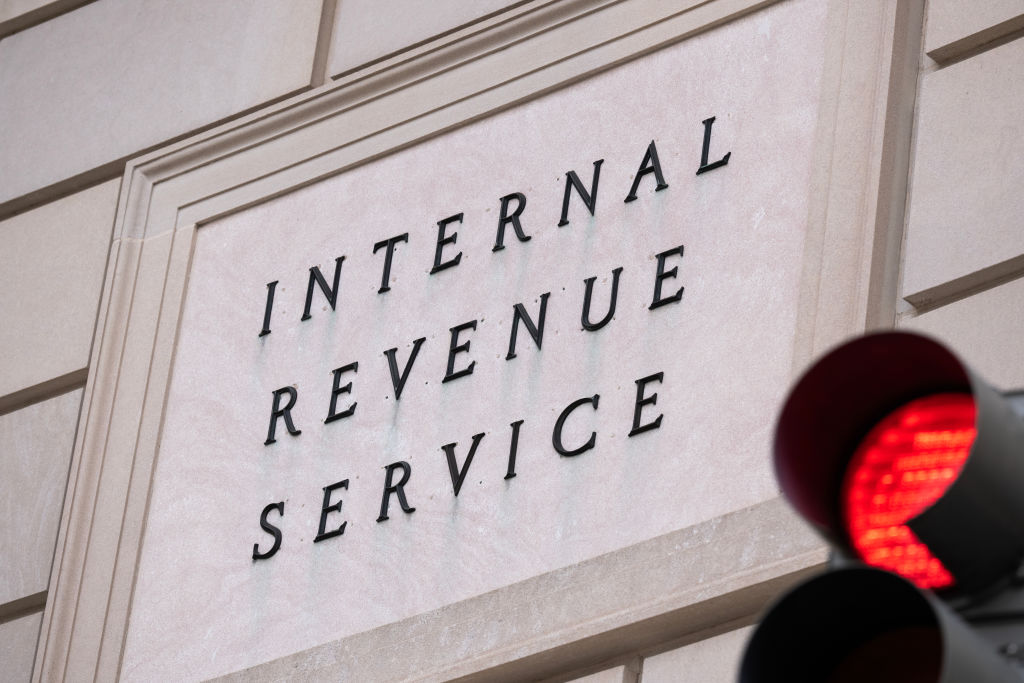Black people have a long and complicated history with wealth. From free labor imposed by the shackles of slavery to the systemic challenges that still create hindrances to wealth accumulation, the complexity of money has become a pervasive norm for those in BIPOC communities.
While there are countless examples of individuals who break down the barriers to accumulating wealth, there is still a hesitancy and trust with how Black people, particularly, deal with and invest their coin.
Antiquated saving and investing methods, like a traditional corporate-sponsored 401k plan, still work. However, with the entry of digital currency and the technology of non-fungible tokens (NFTs), the options for investment are becoming more broad and accessible.
A New Wave Of Investing
The accessibility to investment resources has made its way to the Black community. Despite the historical nuances in wealth building, a new financial survey shows that more Black people are starting to invest.
Recently, Ariel Investments and Charles Schwab published the 2022 Black Investor Survey, which has studied the investing habits, attitudes, and behaviors of Black and white American investors for the past 24 years.
While the traditional 401k was the sole gateway for investors to enter the stock market, the “great resignation” proved otherwise. According to the survey results, 63 percent of Black investors reported first investing through a retirement plan. In 2022, only 31 percent of Black Americans reported first investing through a workplace plan.
Young Investors Are Leading The Way
Traditional workplace investment may be lower, but the survey found that although Black American stock market participation remains at historic lows, the investment gap between Black and white investors has narrowed. Higher-risk investments are growing in popularity, especially among younger Black investors.
“The fact that there is some aggressive investing among under the 40s in the Black community is a strong positive. It gives us an entry point to people we know who have some buzz around it. However, there is some concern around the things they’re investing in and some of the reasons they’re investing,” Kelly Johnson, Portfolio Manager at Charles Schwab, told AfroTech.
The survey reveals that the gap between Black and white investors is becoming smaller. However, fewer people are investing overall. In 2022, 58 percent of Black Americans owned stock compared to the survey peak of 74 percent in 2022.
Of this percentage, young investors make up the majority, with 68 percent of Black investors being 40 or younger. This age cohort is taking risks by putting more money into cryptocurrency. As a collective, Black investors invest about 25 percent in digital currency. Among those who are under 40, that number increased to 38 percent.
Equipping Them With More
The trust in digital currency and tech-enabled investment results from the current popularity of NFT collections from celebrities and influencers.
Another contributing factor is the lack of confidence in the traditional stock market. Leveraging the distrust that has existed among the Black community, young investors do not see it as a trustworthy option for investment, specifically after situations like the GameStop incident and more.
Although younger investors are making and finding their way, the survey found a need for greater financial education among the group. In 2022, nearly half of all Black and white investors (47 percent and 45 percent, respectively) report investing in something they did not fully understand. This is even more prevalent among investors under 40 (58 percent and 46 percent, respectively).
“Some of the data from the survey lets us know that they didn’t understand what they were investing in. Now, we’ve got some wood to chop in terms of education and making sure all these new investors don’t get burned and get scared away from the markets,” Johnson explained.

















